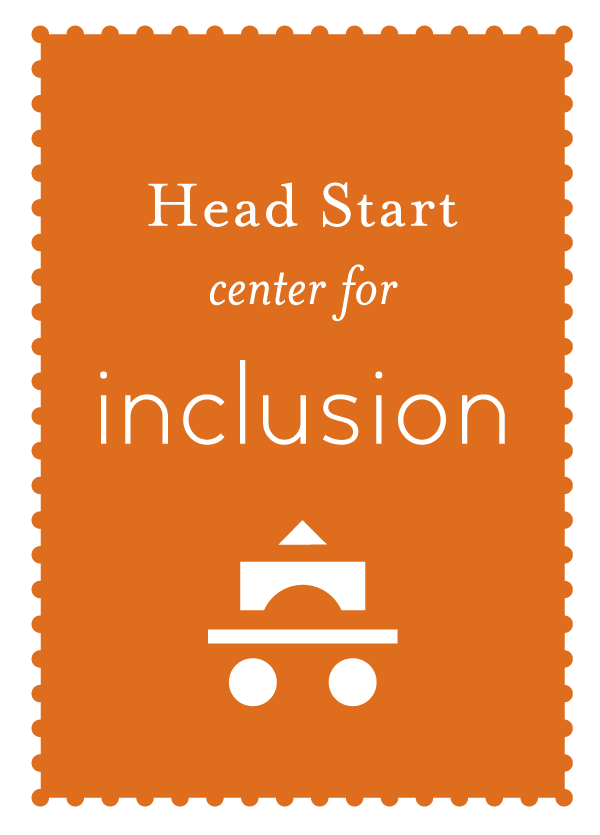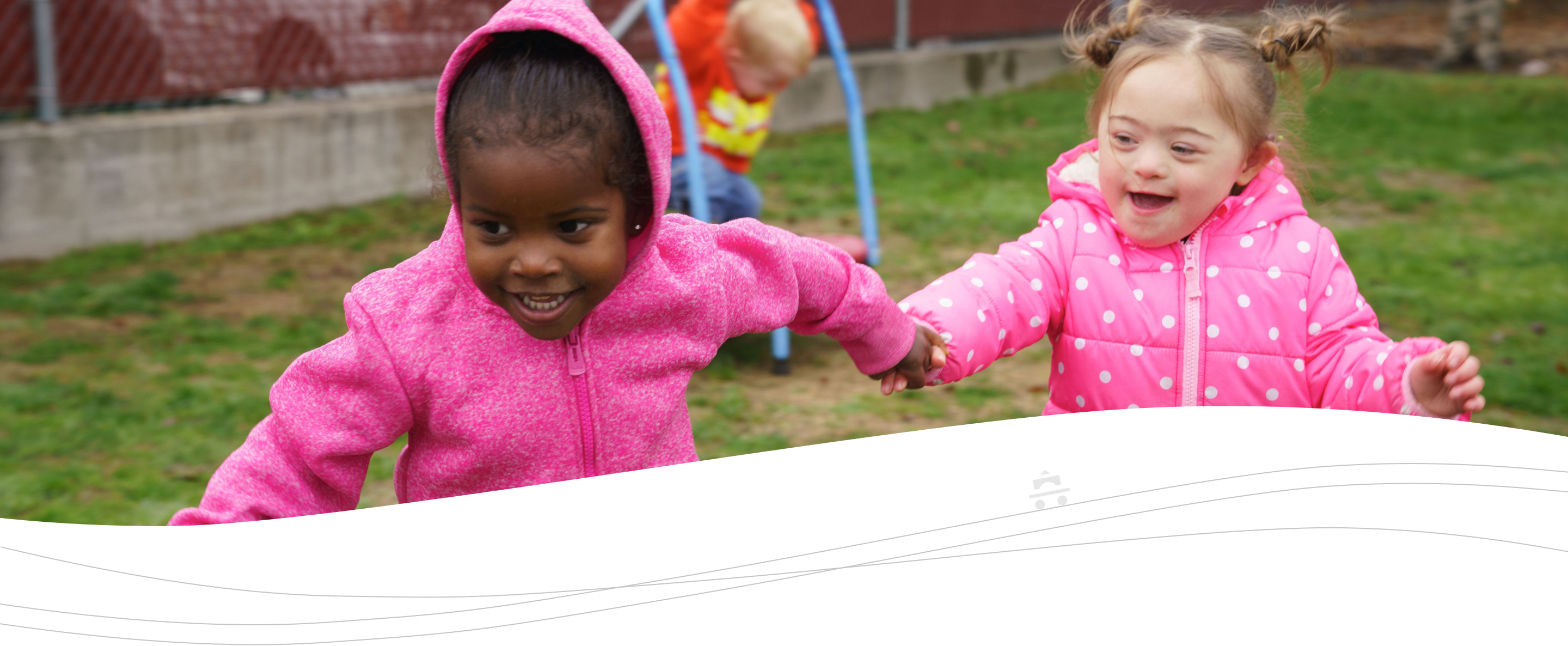
Teaching Practices
Increase implementation of practices that maximize learning, and improve outcomes for children who have or are at risk for developmental delays or disabilities.

Watch these videos for examples of instructional strategies such as discrete trial teaching and various prompting strategies.
Assessing and Strengthening the Foundation
Examine the foundation of the HSCI framework for effective practice, creating a high-quality early childhood program, and explore approaches to strengthening this foundation.
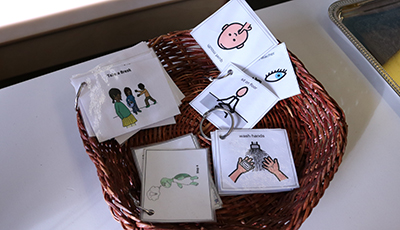
Here you'll find a collection of high-quality visuals and supports that can be printed and used immediately to support young children's development and learning.
Curriculum Modifications and Adaptations
Expand your use of curriculum modifications with this complete set of training materials.

Explore the ways in which simple curriculum modifications can boost progress toward individual goals and outcomes for infants and toddlers.
Embedded Learning Opportunities
Develop your expertise on leveraging Embedded Learning Opportunities (ELOs) to support young children's individual goals, with the resources in this training package.
Embedded Learning Opportunities for Infants and Toddlers
Prepare to create meaningful learning opportunities out of daily routines and activities with the resources in this brief training suite.
Frequently Asked Questions: Embedded Learning Opportunities (ELOs) for Infants and Toddlers
Find answers to frequently asked questions about implementing embedded learning opportunities with infants and toddlers throughout the day.
Highly Individualized Teaching and Learning 15-Minute In-Service Suites
These 15-minute In-service Suites are a professional development resource for staff in busy, active early childhood centers and programs. They are organized around one topic or big idea and address effective teaching and assessment practices.
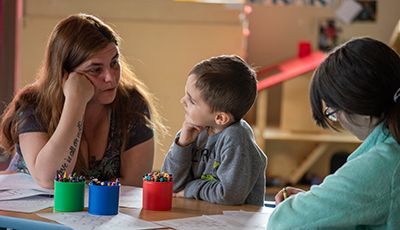
Learn about individualizing—one of the key elements of the HSCI framework for effective practice—to support individual learning outcomes and goals for children with disabilities.
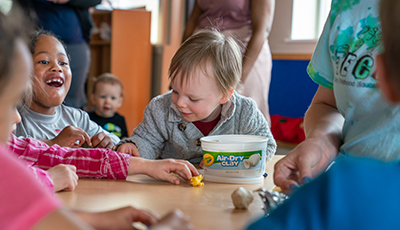
Watch these videos for examples of instructional strategies, such as discrete trial teaching and various prompting strategies.
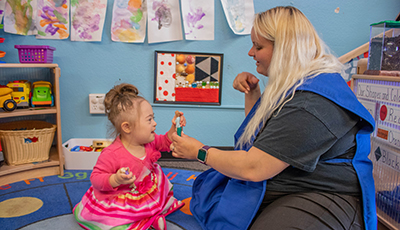
Gain an in-depth understanding of the four elements of Planned Instructional Sequences (PInS) for teaching discreet skills to young children with disabilities.
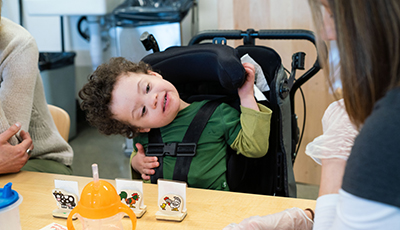
Begin to leverage daily routines and transitions using the practice of routines-based planning, outlined in this brief training.

Start here to learn more about social stories, and download a variety of examples that are ready to go.
Supporting Early Literacy Through Universal Design and Assistive Technology
Prepare to engage children with disabilities who are linguistically diverse in language and literacy development opportunities, with this set of practical tools and resources.
Tips for Educators: All About Universal Design for Learning
Discover the three pillars of the Universal Design for Learning (UDL) framework, along with tips for implementing the framework in inclusive early childhood settings.
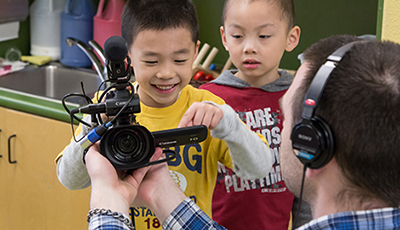
Use these video examples to see, and share with others, what best-practices look like in action.
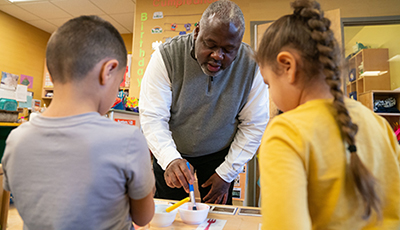
Get ready to implement zoning, a method for increasing educator impact and efficiency in inclusive early childhood settings, introduced in this set of training materials.
© 2026 Head Start Center for Inclusion, University of Washington
The Head Start Center for Inclusion was originally developed with funds from Grant #90HC0012 from the U.S. Department of Health and Human Services, Administration for Children and Families, Office of Head Start, and the Office of Child Care. Many of the resources on this site can also be found on the Head Start website. This resource may be duplicated for noncommercial uses without permission.
